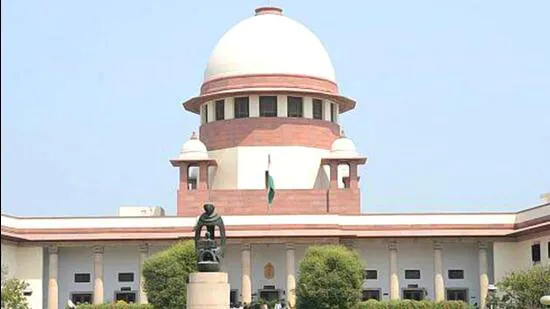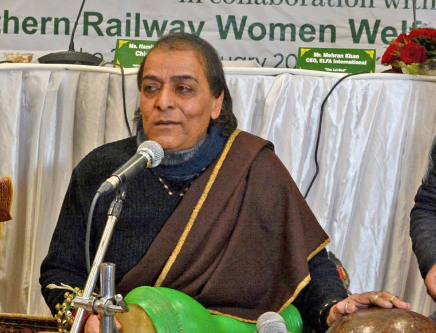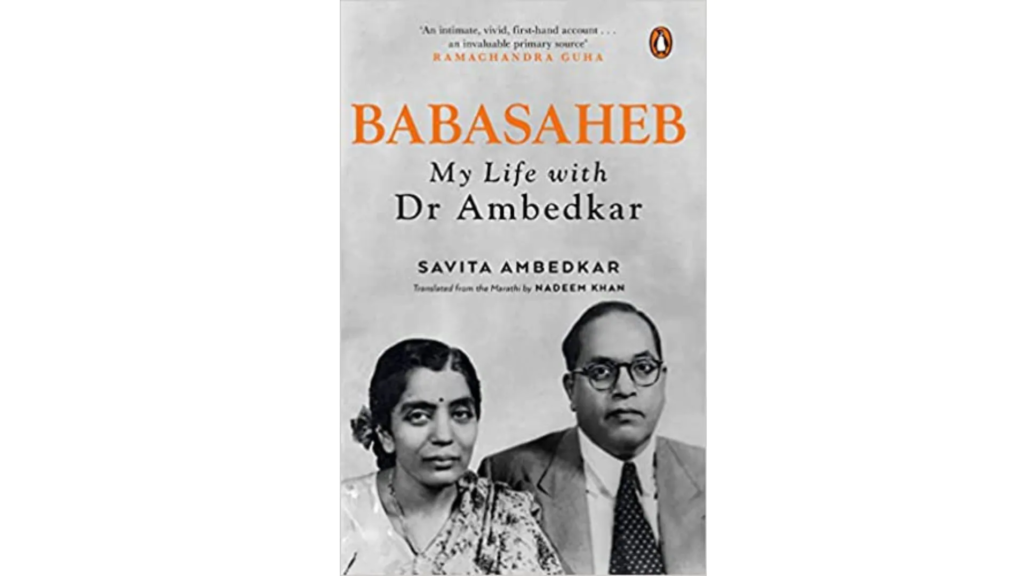
At 9.18 pm on February 9, 2012, a 19-year-old woman working with a call centre at Gurugram’s Cyber City got off the bus to walk the remainder of the remaining 10-minute distance home at Chhawla Camp. Suddenly, to the shock of two friends who were walking with her, a red Tata Indica pulled up and dragged her in.
On February 13, the police arrested a man called Rahul who confessed to raping and killing the woman along with two other men, Ravi Kumar and Vinod.
Based on this confession, the woman’s body was found in a field in Haryana’s Rewari district. It bore signs of unspeakable torture before her death. She had been attacked with car tools, glass bottles and sharp metal objects (I’ll spare you the details).
Police filed a charge-sheet in April and the men were put to trial by a fast-track court. In February 2014, the men were found guilty and sentenced to death – a sentence upheld by the Delhi high court in August that year.
Then, for seven years, nothing. On Monday, a three-judge Supreme Court bench, including outgoing chief justice UU Lalit and justices S Ravindra Bhat and Bela M Trivedi found insufficient evidence that the men had committed the crime, and set them free.
Read the Supreme Court judgement here.
Reasonable doubt

No matter how high the moral repugnance at a crime of this depravity, a conviction, let alone a death sentence, must be a water-tight investigation and trial. This was lacking, the Supreme Court noted: “The law does not permit the courts to punish the accused on the basis of moral conviction or on suspicion alone.”
To examine the case against the men, the apex court asked for assistance from the Supreme Court Legal Services Committee, which assigned the case to senior advocate A Sirajuddin. Another senior advocate Sonia Mathur was appointed amicus curiae (friend of the court).
Amongst their findings:
- The identity of the men in the abduction was not established.
- The recovery of articles, including strands of the victim’s hair, was “highly doubtful” and not mentioned by key witnesses. Recovery of articles were easily accessible to the public and not supported by independent witnesses.
- The post mortem report did not indicate the time of death and the body, which despite remaining in the open for four days, as claimed by the prosecution, showed no signs of putrefaction.
- The call detail records of the men and those of the deceased at relevant times were found to be at different locations.
- Samples taken from the accused and victim were sent for forensic examination only 13 days after the crime, during which the possibility of tampering could not be ruled out.
- Out of 49 witnesses examined by the prosecution, 10 were not cross-examined at all while other important witnesses were not adequately cross-examined.
“The prosecution has to bring home the charges levelled against them beyond reasonable doubt, which the prosecution has failed to do,” the judgement noted. “The court is left with no alternative but to acquit the accused, though involved in a very heinous crime.
But what about justice for the victim?
The woman’s family is understandably distraught at this turn of events. For 10 years they’ve waited for justice for their daughter, and that hope was dashed on Monday.
“We have lost our faith in the judiciary…we have also lost the will to live,” the woman’s father, a security guard, said after the judgment.
“The Supreme Court said that the trial court acted as a ‘passive umpire,” Charu Wali Khanna, the father’s attorney said. “But for seven years who sat over the case? Even after arguments closed on 7 April 2022, it took seven months for judgment to be pronounced.”
All legal options have not yet been exhausted, said Khanna. “We can still file a review petition,” she said.
Central to the case are two questions. The first: Who is to blame for the shoddy investigation both by the police and the trial and high court? Why weren’t questions asked? And what is the possible culpability of those responsible for the aquitall?
And the second: who raped and killed the 19-year-old? How does her family ever get closure?
REST IN POWER

Credit: Umar Ganie/ The Kashmir Monitor
It was a wedding video, Haye Haye Wasiey that went viral on social media and led to the meteoric fame of its singer, Reshma. One of the strongest voices for Kashmir’s third gender, their rise to fame was a “glimmer of hope for the marginalised community who battle socio-economic, political and mental health issues”, wrote KashmirLife.
Born into a family of eight siblings, Reshma dropped out of school after the fifth standard due to bullying and violence. Their struggle for acceptance within the family that was opposed to their career choice as a wedding singer mirrored the struggle for social acceptance by transgenders. “They made their own space in society as a singer,” Srinagar-based LGBTQI activist Aijaz Bund told The Kashmirwallah.
Following their death of cancer on Sunday, thousands attended the funeral.

IN NUMBERS
5.3% or 78,854 schools in the country don’t have a functional girls’ toilet.
In Arunachal Pradesh, 31.2% of schools don’t have a functional girls’ toilet.
In Delhi, Goa, Lakshadweep and Puducherry all schools have a toilet for girls.
Source: StatsofIndia
SEEN AND HEARD
“God forbid a woman is successful and doesn’t have a child.”
Jennifer Aniston talks about her IVF and fertility struggles where the success rate is 25.1% for women aged between 38-40 and just 12.7% for women between 41 and 42. The 53-year-old told Allure magazine, “I actually feel a little relief now because there is no more, ‘Can i? Maybe. Maybe. I don’t have to think about that anymore.”
BOOKSHELF

Since its publication in 1990, Savita Ambedkar’s Babasaheb: My Life with Dr Ambedkar, or Dr Ambedkaraanchya Sahavaasaat has never been translated from its original Marathi. Now, finally, Penguin Random House has an English translation by Nadeem Khan out, widening the reach of an insight into one of India’s most significant citizens.
The book writes Shrabonti Bagchi tells you not just about Dr Ambedkar but the “internalised misogyny of Indian society, with its deeply ingrained suspicion of capable, intelligent women.”
Available on Amazon for Rs 449 (hardcover).
STORIES YOU MIGHT HAVE MISSED
Promises, promises
Out of 412 candidates contesting polls in Himachal Pradesh, 24, or 5.8% are women.
The miserliness in fielding candidates is offset by the largesse of pre-poll promises by the major political parties.
Here’s what is on offer:
BJP “Stree Sankalp Patra”
33% reservation for women in government jobs
Three free LPG cylinders a year to poor women
Interest-free loans to entrepreneurs running home-stays
Increase in allocation for girls for marriage from Rs 31,000 to Rs 51,000
Bicycles for school girls between classes 6 and 12; scooty for girls in higher education
Congress “Har ghar Lakshmi, Nari Samman Nidhi”
Rs 1,500 a month
Free electricity up to 300 units
Aam Aadmi Party “Stree Samman Rashi”
Rs 1,000 per month to all women above 18
And more on election tickets
Chandrasinh Raulji, the MLA who called the convicts in the Bilkis Bano gang-rape and murder of her family members “sanskari Brahmins” has been renominated for the BJP ticket to contest from Godhra, reports NDTV.
Danushka accused of sexual assault, and not for the first time

Credit: AP
Sri Lankan cricketer Danushka Gunathilaka is accused of sexually assaulting a woman in Australia multiple times and choking her so hard that she required a brain scan to check for injury. The 31-year-old player was arrested on Sunday and has been charged with four counts of sexual assault and denied bail. Sri Lanka cricket has also been suspended him from all forms of cricket.
Sri Lanka’s Daily Mirror has published a report saying this is not the first time Danushka has been accused of sexual misdemeanours. Why then did Sri Lanka Cricket keep him on?
AROUND THE WORLD
In Kabul, the Taliban’s war on women continues with a ban on visiting all parks and gyms. So far, women were allowed to visit parks on three days every week, if accompanied by a male relative. Now even that comes to an end because people have not been “respecting Sharia law”, a spokesman for the Ministry of Virtue and Vice told BBC.
From the US mid-terms, key takeaways for gender rights
It’s all about abortion, reports the Financial Times.
In five states where it was on the ballot, voters decided to protect abortion care. See Huffington Post for more.
Maura Healy became the first openly lesbian woman to be elected governor. Read her message to girls and the LGBTQI community here.
| Were you forwarded this email? Did you stumble upon it online? Sign up here. |
| That’s it for this week. Do you have a tip or information on gender-related developments that you’d like to share? Write to me at: namita.bhandare@gmail.com. |